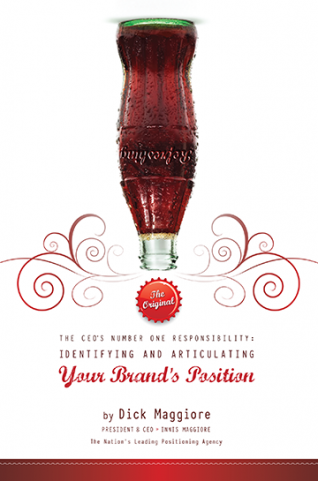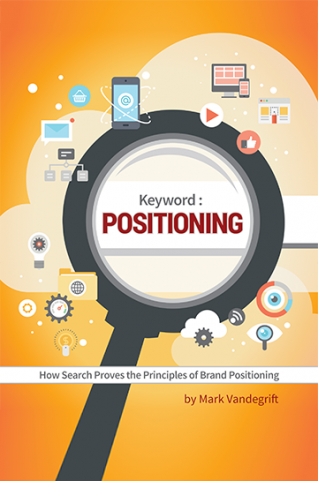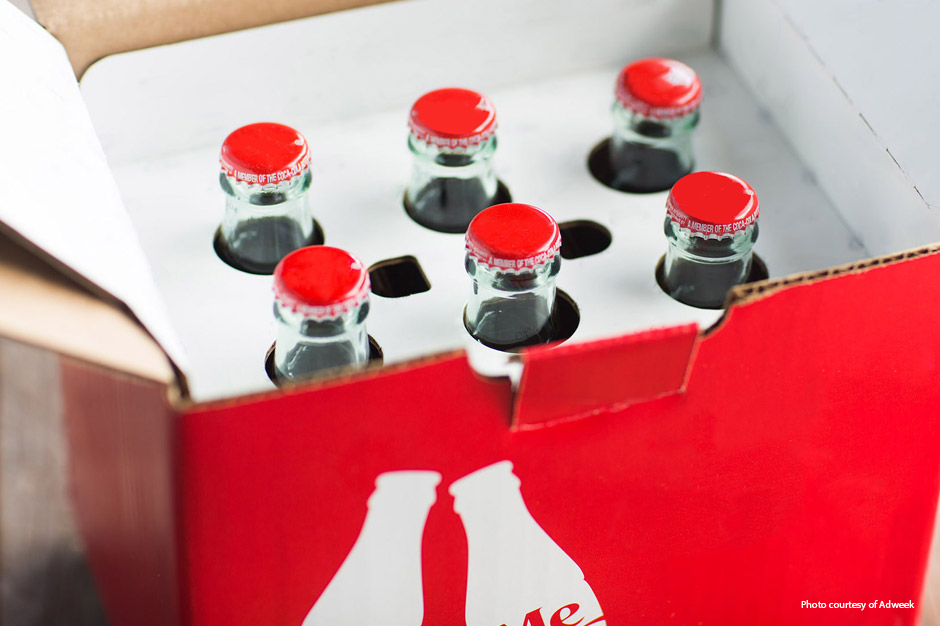Labels are for cans, not people. It's a nice sentiment any way you cut it, and Coke would have us believe it thinks so, too, by dropping its name from the can. Although the red can and white ribbon are still so highly recognizable it's unlikely you'd mistake it for soup thanks to an authentic positioning lesson.
In a campaign that's running overseas, the company asks people seated in the dark to make judgments about the others in the room. And surprise! They've misjudged people. Everybody then drinks a label-free Coke and feels better about the entire ordeal.
Out of context this sounds ridiculous. And yet it works tear-jerkingly well. How does Coke keep doing this to us? From "I'd like to buy the world a Coke" to "Share a Coke with ..." this company continues to appeal to our most altruistic instincts to sell us cola. Can't we see what it's doing? It's providing a positioning lesson.
Truth is, we know exactly what it's doing and we accept it because Coke is using authentic positioning. It is "the real thing," after all. These experiences of sharing and connecting with others over a soda are completely authentic to Coke. And Coke has masterfully cultivated this position and executed it brilliantly in campaign after campaign. Again, it's truly a positioning lesson to follow.
Spectacular marketing failures can often be tied to inauthenticity. Are you really "Up for whatever" when you drink Bud Light? What happened when JCPenney tried to be cool like Target? For a short time, Nationwide tried to be funny like Progressive and Geico. These (and others like them) are not necessarily bad campaigns. They're just not believable. They're out of character. A positioning lesson can also be learned when handled the wrong way.
The positioning lesson here is straightforward. Authentic positioning matters.
Now think about your company. Is your marketing authentic? Does it creatively articulate your difference in the way that Coke articulates its originality?
It's impossible to substitute any of Coke's competitors in the ad described above. Your company's campaigns should adhere just as strictly to your authentic positioning. And if they do, it's unlikely your competitors could match your authenticity.
Imagine Mountain Dew trying to get you to talk about your feelings! It's as odd as a polar bear drinking a Dr Pepper.
Innis Maggiore Case Study
 Reliability rules the roost when birds of a feather don't always flock together
Reliability rules the roost when birds of a feather don't always flock together
How do you market a brand that serves vastly different customers?
That was the challenge facing Bird Technologies. The company is the industry leader in reliable radio frequency communication products. Serving seven core markets in nearly 100 countries, Bird sells hundreds of products, many of them branded. In addition to the obvious complexity of the company's products, markets and geographies, growth through acquisition further complicated matters.
Juggling too many product lines often creates branding confusion. Bird needed a clearly defined go-to-market strategy, encompassing each segment.
Through its Appreciative Discovery® process, Innis Maggiore worked with Bird to conduct an internal assessment, plucking knowledge from thought leaders representing each of the company's divisions.
It became clear that Bird owned a critical attribute relevant to all markets and customers: Reliability, with a capital R. From amateur radio to military maintenance, Bird's RF solutions are numerous. But its single-minded devotion to reliability never flies off course.
Bird Technology's position of "ultimate reliability" sounds simple. But across so many markets spanning the world, ultimate reliability means you can never lay an egg. For Bird, ultimate reliability is a complex promise that is truly authentic and consistently fulfilled.



